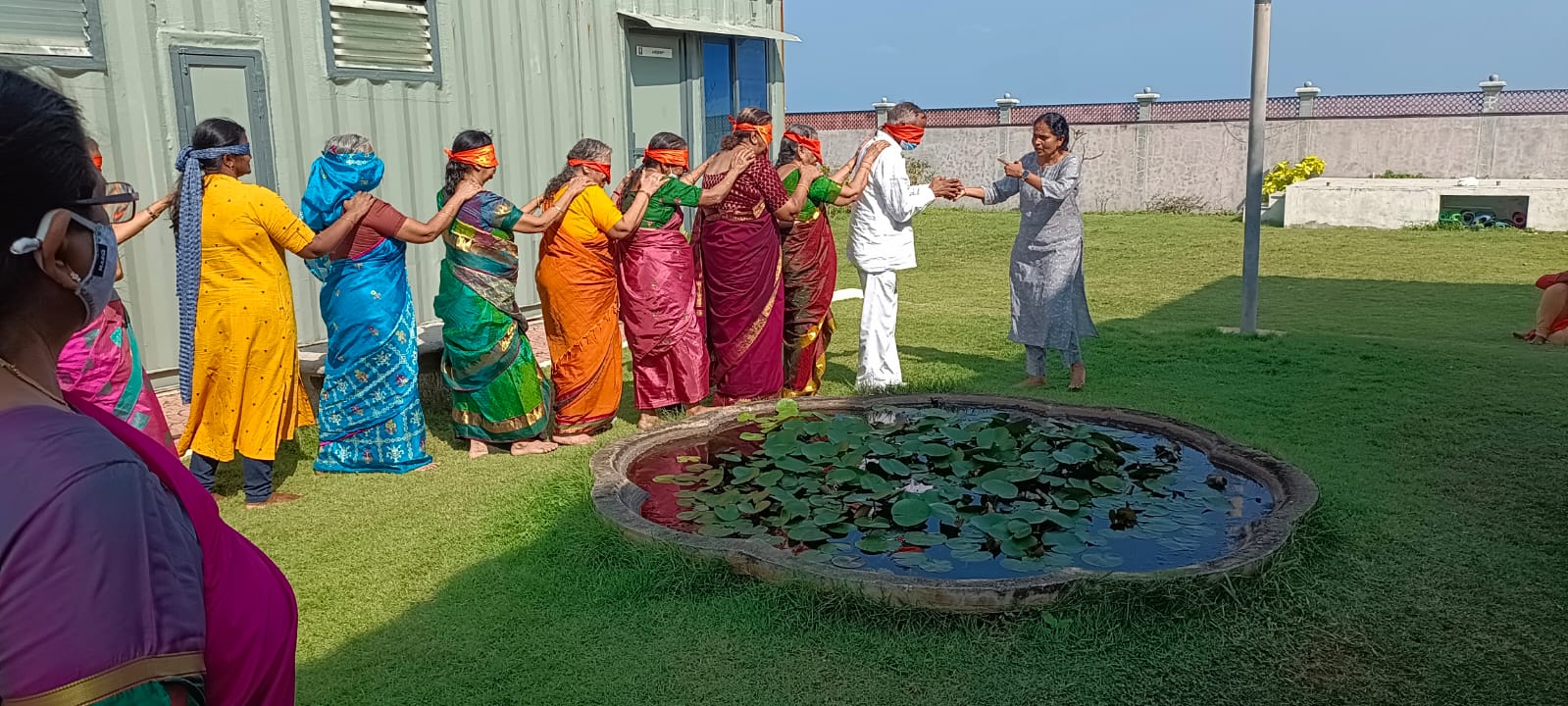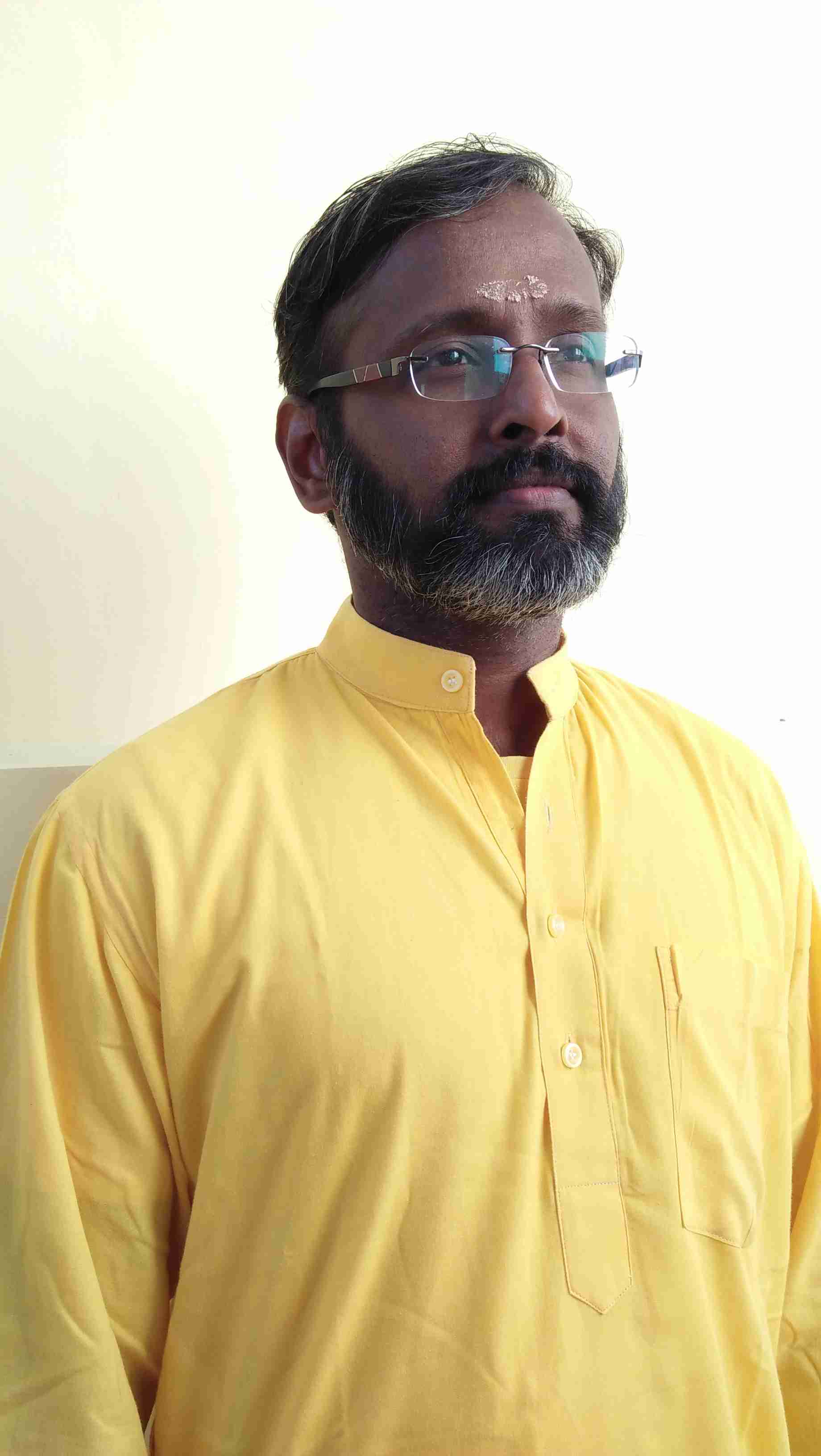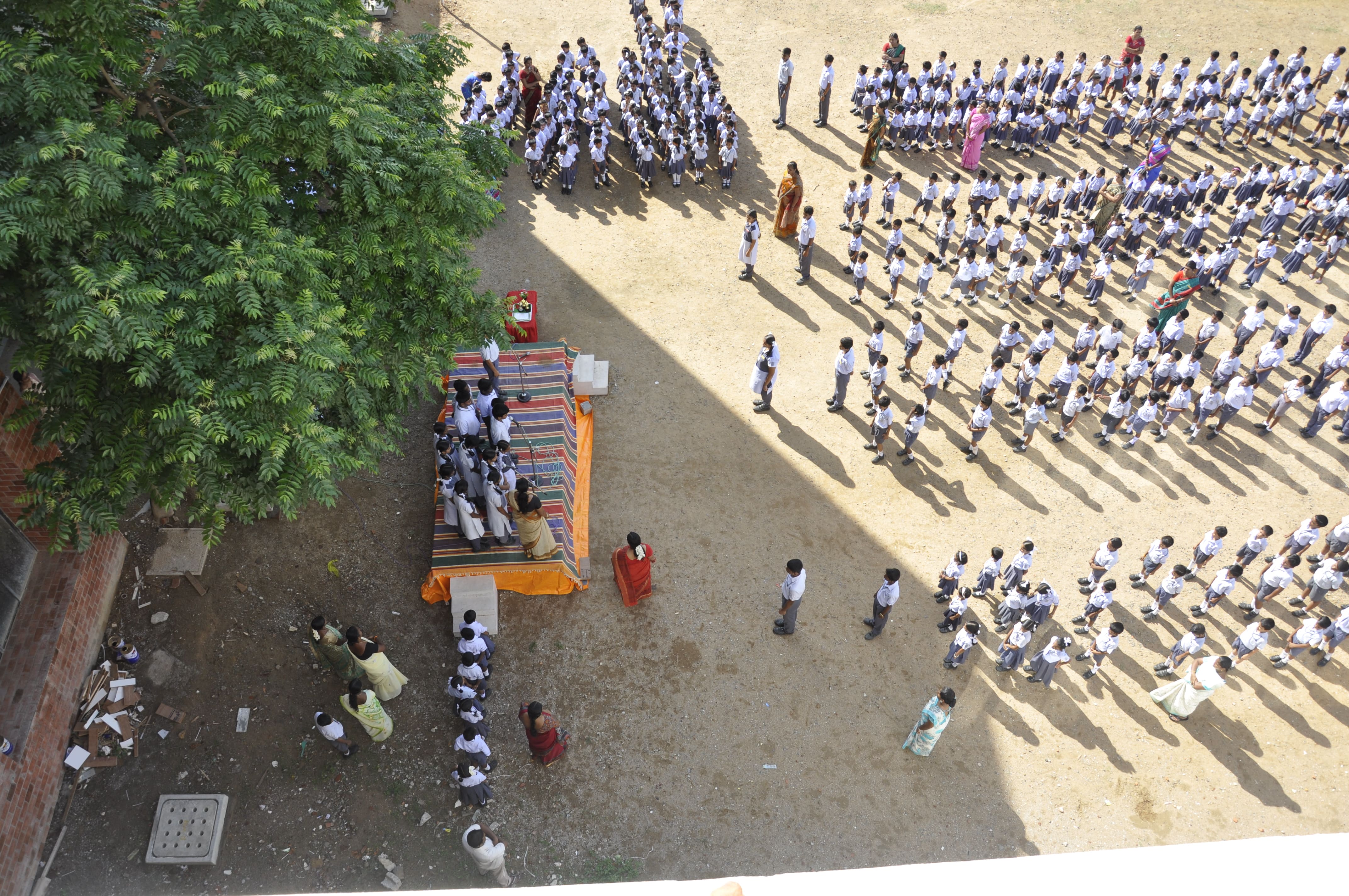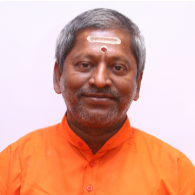

 CLOSE
CLOSE
 Wings
Wings
This is Chinmaya Mission’s newest creative device to ‘catch them young’; a forum for anyone aged below 6 years. Shishu Vihar is an assemblage of infants, toddlers and young and new parents for early introduction to spiritual education.
Bala Vihar is a weekly gathering of children, between the ages of five to thirteen years that takes place in Chinmaya Mission Centres or in private homes, under the supervision of trained teachers. The aim of Bala Vihar is to help children bloom, grow, and inculcate values through fun-filled activities. Bala Vihar enhances the overall development of the personality of a child at all levels — physical, emotional, intellectual, cultural and spiritual.
A platform where youngsters are chiseled to become dynamic leaders for tomorrow with a spiritual base and a national outlook through experiential learning of our ancient knowledge and wisdom.
Chinmaya Setukari serves as a bridge between the Yuva Kendra and mature age devotees of Chinmaya Mission, ‘building bonds’ between the young and the old in these fast-changing times.
Developing an inquiring, reflective mind is the first objective of the Study Group.
The objective of the Devi Group is to impart spiritual knowledge thus empowering women to disseminate the knowledge gathered to their family. Devi Group training enables women to equip themselves with the wherewithal to promote tradition with wisdom and understanding. They play an important role in raising the cultural standard in pockets of society becoming catalysts for family, community and societal transformation.
The Central Chinmaya Vanaprastha Sansthan (CCVS) is the senior citizens wing of Chinmaya Mission uniting people over sixty years of age. CCVS encourages senior citizens to pursue the final spiritual goal of life and shows them the means to achieve it. It assists and trains householders and near-retirees (vanaprasthis) to make a smoother and easier transition from life in grihasta ashram to life in vanaprastha ashram.
The musical wing of Chinmaya mission, aims at experiencing divinity through Bhajans. Swaranjali doesn't demand one to be a trained musician, all that is required is *'music from your heart'* and completely giving oneself to the Lord.

Swami Tapovan Maharaj
Swami Tapovan Maharaj was that pristine glacier of Self-knowledge through whom flowed the Ganga of Vedantic Wisdom of Swami Chinmayananda, the architect of the Chinmaya Movement.

Swami Chinmayananda
Swami Chinmayananda was one of the 20th century's most world-renowned and revered exponents of Vedanta, the foundation of Hindu religion and culture.

Swami Tejomayananda
Swami Tejomayananda is a living portrait of simplicity with depth, humility with courage, and wisdom with devotion. Always jovial, smiling, and welcoming, he is readily accessible and approachable to all who seek the knowledge of Vedanta from him.

Swami Swaroopananda
"Fill the heart with the oil of love, place in it the wick of single-pointed mind. Light it with the knowledge of truth and remove the darkness of ignorance around you. Just as one lamp can light many lamps let each youth kindle this light in many hearts"

Swami Mitrananda
He is the Advisor of the All India Chinmaya Yuva Kendra (AICHYK) the global youth wing of Chinmaya Mission.

Brahmacharya Anand Chaitanya
Brahmacharya Anand Chaitanya was a Business Programmer prior to being a full timer in Chinmaya Mission. Later, he has undergone the two year residential Vedanta Course in Sandeepany Sadhanayala, Mumbai and initiated as a monk to Chinmaya Mission.
 Schools
Schools

Chinmaya Vidyalaya, Anna Nagar, was founded on 1st January 1989, under the able guidance of Swami Chinmayananda, with 11 students and four faculty members.

Chinmaya Vidyalaya, Taylors Road,the Vidyalaya marked its beginning with a meagre strength of 30 students at 13th Avenue Harrington Road, on 20th October 1968.

Chinmaya Vidyalaya, Virungambakkam, had its strong foundation laid by our Poojya Guruji H.H.Swami Tejomayananda, at Chittirai Street, Chinmaya Nagar Stage II, Chennai-92. Our Vidyalaya was given a benign beginning for the Higher Secondary in the Year 2002.

Chinmaya Vidyalaya, Tirupathi, a highly progressive school pledged to provide quality education with great emphasis on traditional values. We believe in moulding our students to be brave and courageous always, to face every experience in their life with a smile on their face.

Chinmaya Vidyalaya, Sri City, is a new chapter in the stream of Chinmaya Vidyalaya's run in Chennai. It was inaugurated on 20th June, 2011 by H.H.Swami Mitrananda. Located in Sri City which is an SEZ, FWTZ and DTZ, the school is located in a completely conducive environment for holistic education of a child.

Chinmaya Vidyalaya, VGN, is affiliated to the Central Board of Secondary Education. With the ultimate prospective of being the channel of wholesome education to the students. The Chinmaya Vidyalayas stand unique in intertwining education with values and their by hitting at the ultimatum- VALUE BASED EDUCATION.
 Meditation Parks
Meditation Parks
Wings






















.jpeg)
.jpeg)
.jpeg)
